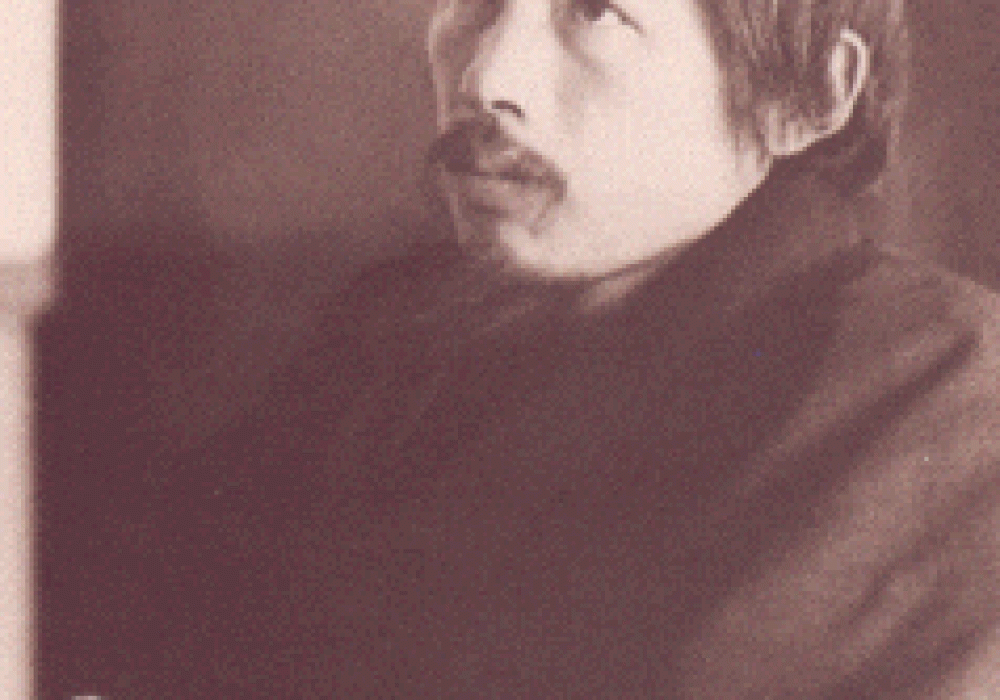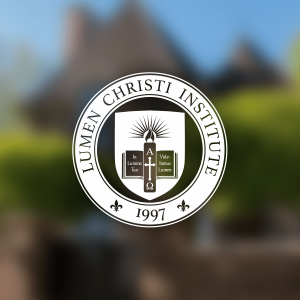Open to current students and faculty. Others interested in participating should contact info@lumenchristi.org. All registrants will receive pdfs of the selected readings, which should be read in advance of the class. This event is made possible through the support of ‘In Lumine: Supporting the Catholic Intellectual Tradition on Campuses Nationwide’ (Grant #62372) from the John Templeton Foundation
Following the August 9, 1945 dropping of the second atomic bomb ever used in a military conflict, residents of Nagasaki responded in a unique and surprising way to the vast destruction visited upon their city. As reflected in the writings of Nagasaki radiologist Takashi Nagai, the community emphasized peace and forgiveness, rather than rage, retribution, and political activism. This class will use the example of Nagasaki to consider theologically informed perspectives on the meaning of suffering.
READINGS
Nagai, Takashi. Selections from The Bells of Nagasaki. Kodashana America Inc, 1994.
John Paul II. Salvifici Doloris. Dicastery of Communication – Vatican Library, 1984.
John Paul II. Appeal for Peace at Hiroshima. February 5, 1981.
—
Image of Takashi Nagai. Creative Commons


